
The net profit of Nile Insurance, a 25-year-old firm, marginally increased by one percent to 112.1 million Br in the last fiscal year. The profit rise of Nile is lower compared to the preceding year’s significant growth of 74pc.
During the reporting period, Nile sustained the growth it achieved two years ago after springing back from a slow performance where the profit and earnings per share (EPS) had plunged by more than half due to massive expense claims.
Computed by dividing the net profit by the number of shares owned by the firm's 149 shareholders, the EPS of Nile fell by 58 Br to 269 Br. The massive injection of capital over the past couple of years resulted in the reduction in EPS.
This must have sent disappointing news to shareholders, according to Abdulmenan Mohammed, a financial statement analyst with two decades of experience.
Even though EPS sunk and profit growth slowed, the financial performance of the firm is still good, according to Ephrem Ketema, a shareholder for the past decade. Ephrem says that the firm has good management and a board who can take the credit for the good performance.
Ephrem, who also works as a sales agent for the company, originally bought 385 shares a decade ago after his friend, who also delegated him as a representative, wanted to sell his shares. Since then Ephrem boosted the number of his shares but refrained from disclosing the amount.
"The insurance business is compounded by uncertainty," said Ephrem. "An insurance firm performs well when situations go well too."
Despite a harsh business environment last year, Nile has achieved decent financial performance, according to Mekdes Aklilu, a chairperson of the board directors of Nile, which was established in 1995 with 12.5 million Br in capital.
"The year was a notable one," Mekdes said, "marked by several challenges, including the worldwide outbreak of COVID-19, that threatened the survival of mankind and the continued political violence and instability that repeatedly interrupted economic activities across the country."
Nigus Anteneh, CEO of Nile, says that performance in the core business area was excellent, mentioning Nile's ranking as the fourth and sixth insurance firm in the industry in terms of life and non-life insurance business lines, respectively.
The increase in gross written premium and reasonable retention rate accompanied by a small increase in claims helped Nile to achieve positive performance and maintain profit level.
Gross written premium increased by 13pc to 494.6 million Br. Out of this, 80pc was retained, which is two percent lower than the preceding year’s rate, which is still higher than the industry average of 77pc recorded two years ago. Claims paid and provided for increased by five percent to 212.8 million Br.
"We were selective in choosing a class of business," said Nigus.
Increased growth in written premium, modest growth of claims and a significant increase in commission income resulted in underwriting surplus of 172.7 million Br, an increase of 13pc. The firm received a commission of 35.1 million Br, an increase of 27pc.
However, the decent performance of the insurance business was undermined by poor performance in saving activities. Interest income decreased by 15pc to 40.7 million Br, whereas dividend income surged by 46pc to 30.5 million Br.
Nigus affirms that the withdrawal of 90 million Br that was kept at banks as a time deposit. Nile withdrew the money to pay contractors that are undertaking the finishing work of its headquarters. Rama Construction and China Jiangsu International Economic & Technical Cooperation are working on completing the finishing work on the 25-storey building that features three underground parking areas resting on a total of 2,400Sqm of land.
"We're alsobuilding warehouses requiring a considerable amount of investment from us," said Nigus.
On top of the reduction in time deposits, there is a significant build up in receivables with reinsurers that surged by 25pc to 253 million Br, according to Abdulmenan.
"The management should collect these receivables and invest it in income-generating activities," he said.
Salaries and other operating costs of Nile, which runs with 51 full-fledged branches and 387 employees, went up by 16pc to 126.1 million Br.
The growth needs the attention of management, according to Abdulmenan.
The total assets of Nile increased by 12pc to 1.6 billion Br. Out of this, 18pc was invested in interest-earning time deposits, which is significantly lower than the industry average of 30pc in the 2018/19 fiscal year. Nile increased its investment in shares by 40pc to 262 million Br.
Liquidity analysis indicates that the liquidity level of Nile went up considerably in value and relative terms. Cash and bank balances increased by 37pc to 55.7 million Br, while the ratio of cash and bank balances to total assets increased by a percentage point to four percent.
Despite the increase in the liquidity level, it is still small, says the expert, advising the management to take extra caution when operating with such tight liquid resources.
Nigus says that the firm is in the process of securing a loan from Bank of Abyssinia for the finishing work of the headquarters to solve its current liquidity strain.
"It'll give us some relief," he said.
The paid-up capital of Nile increased by 22pc to 448 million Br. It had capital and non-distributable reserves of 521.9 million Br. The paid-up capital and the non-distributable reserves of Nile represent 33.6pc of its total assets.
This figure indicates that Nile has strong capital, so it should use its capital efficiently, according to Abdulmenan.
Nile's peer firms United and Awash shored up their paid-up capital to 528.6 million Br and 436.2 million Br, respectively. The former also netted 124.3 million Br, while United amassed 209.8 million Br as net profit.
PUBLISHED ON
Nov 21,2020 [ VOL
21 , NO
1073]

Commentaries | Mar 30,2019
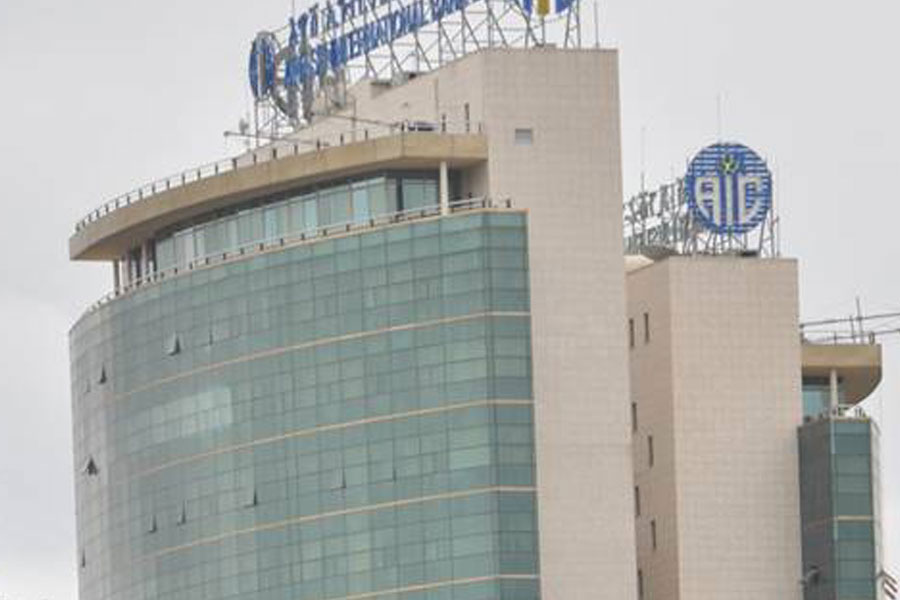
Fortune News | Nov 20,2021
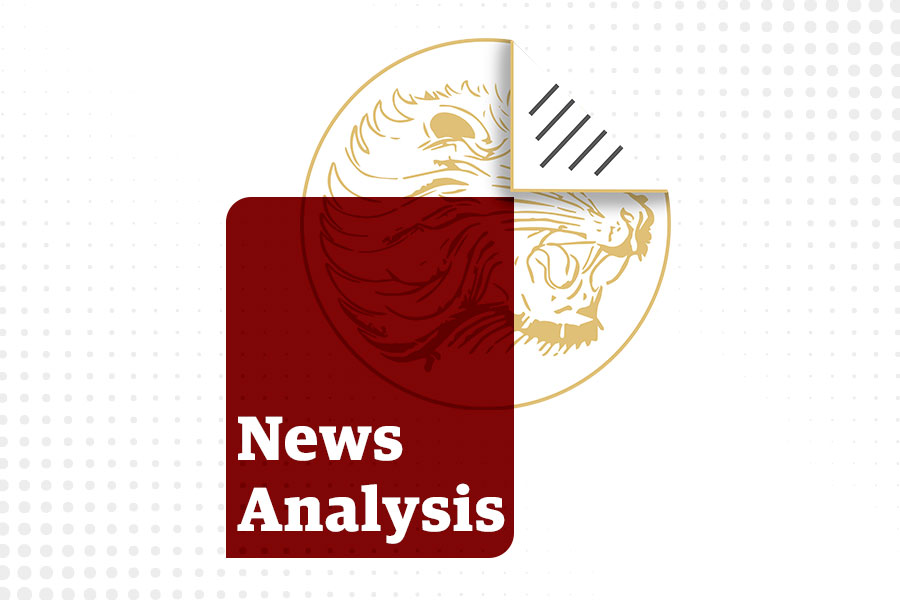
News Analysis | May 04,2024

Radar | Sep 14,2019
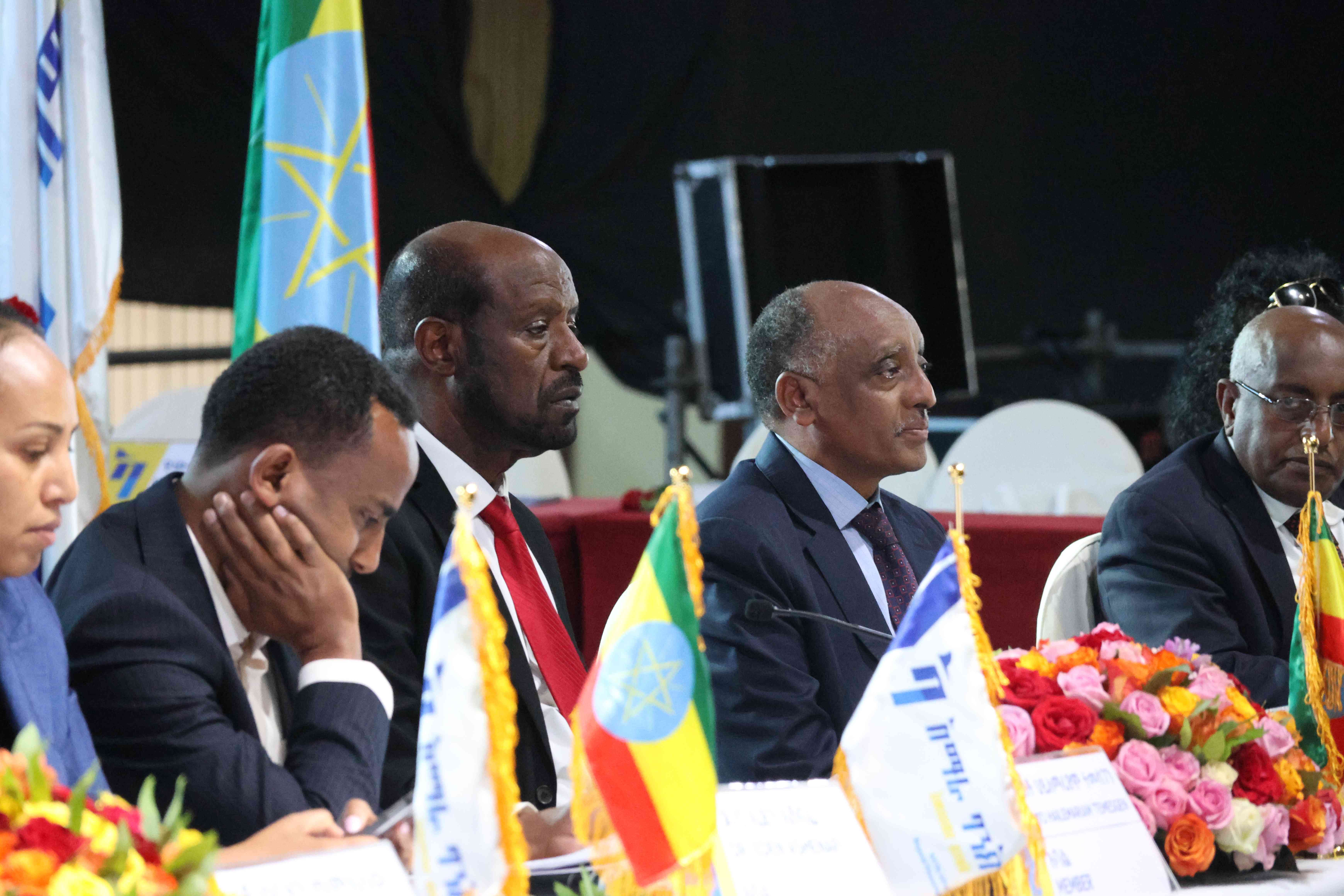
News Analysis | Apr 19,2025
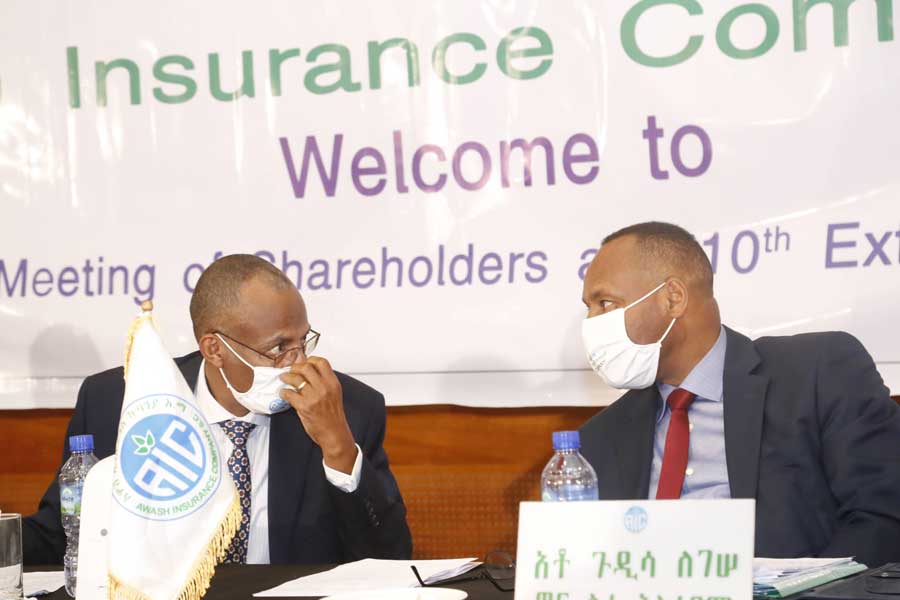
Fortune News | Nov 07,2020
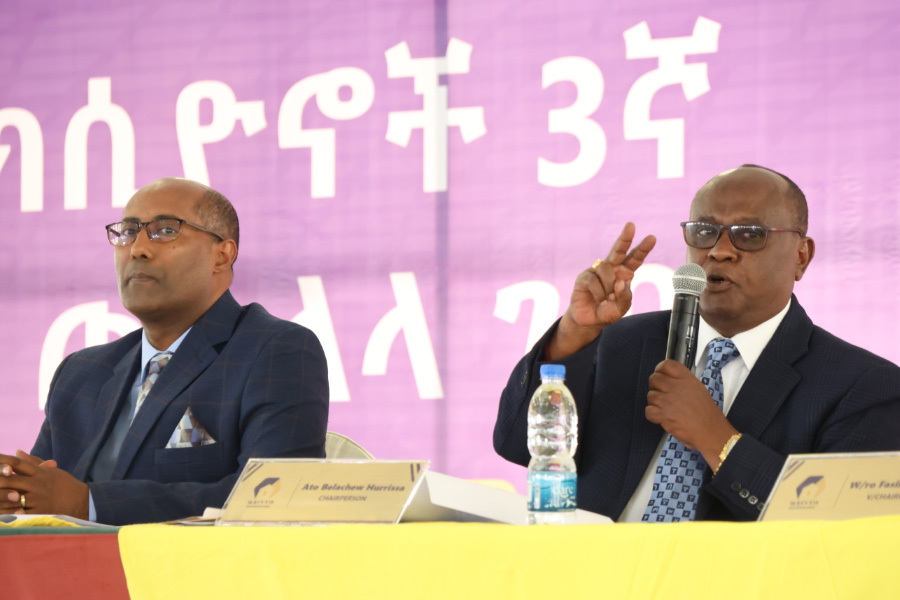
Radar | Nov 24,2024
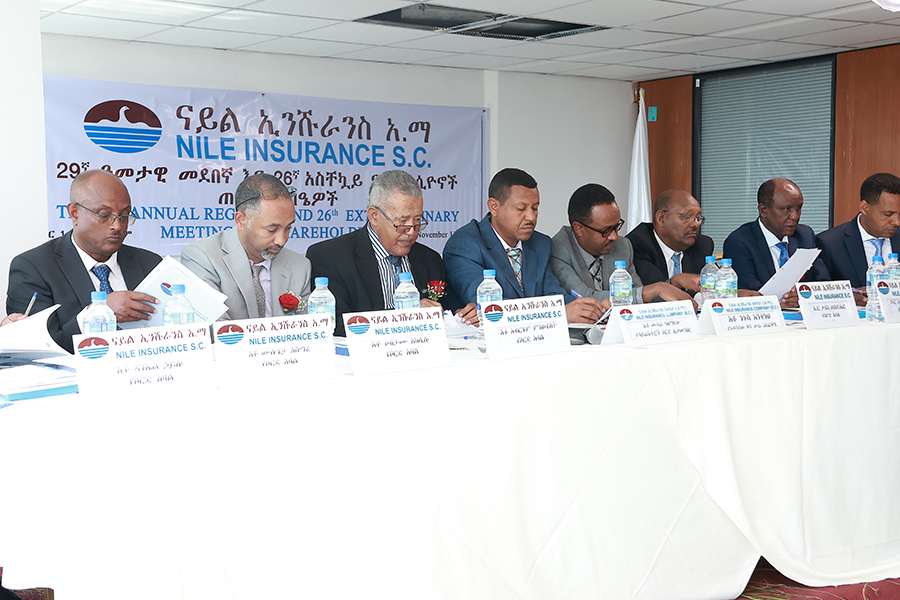
Radar | Nov 11,2023
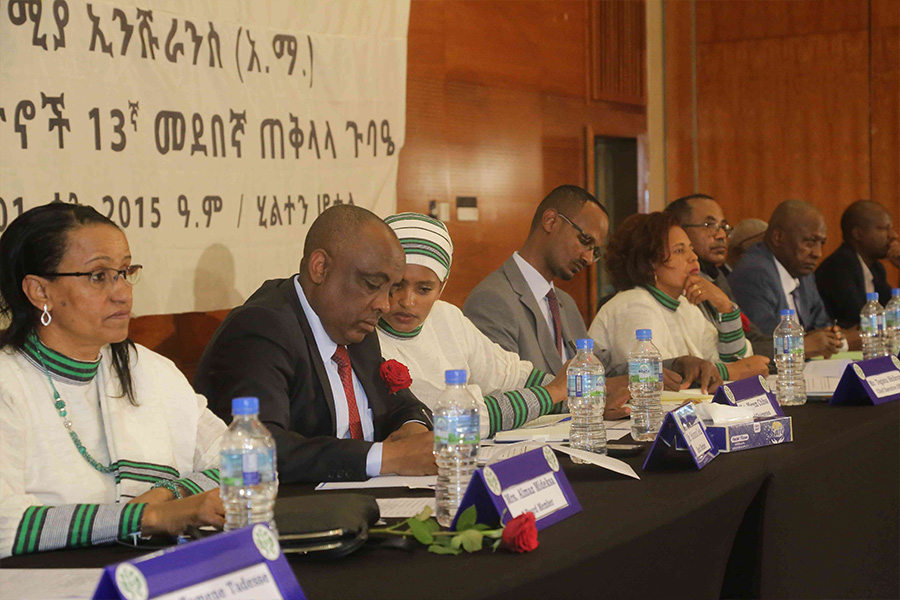
Fortune News | Feb 11,2023
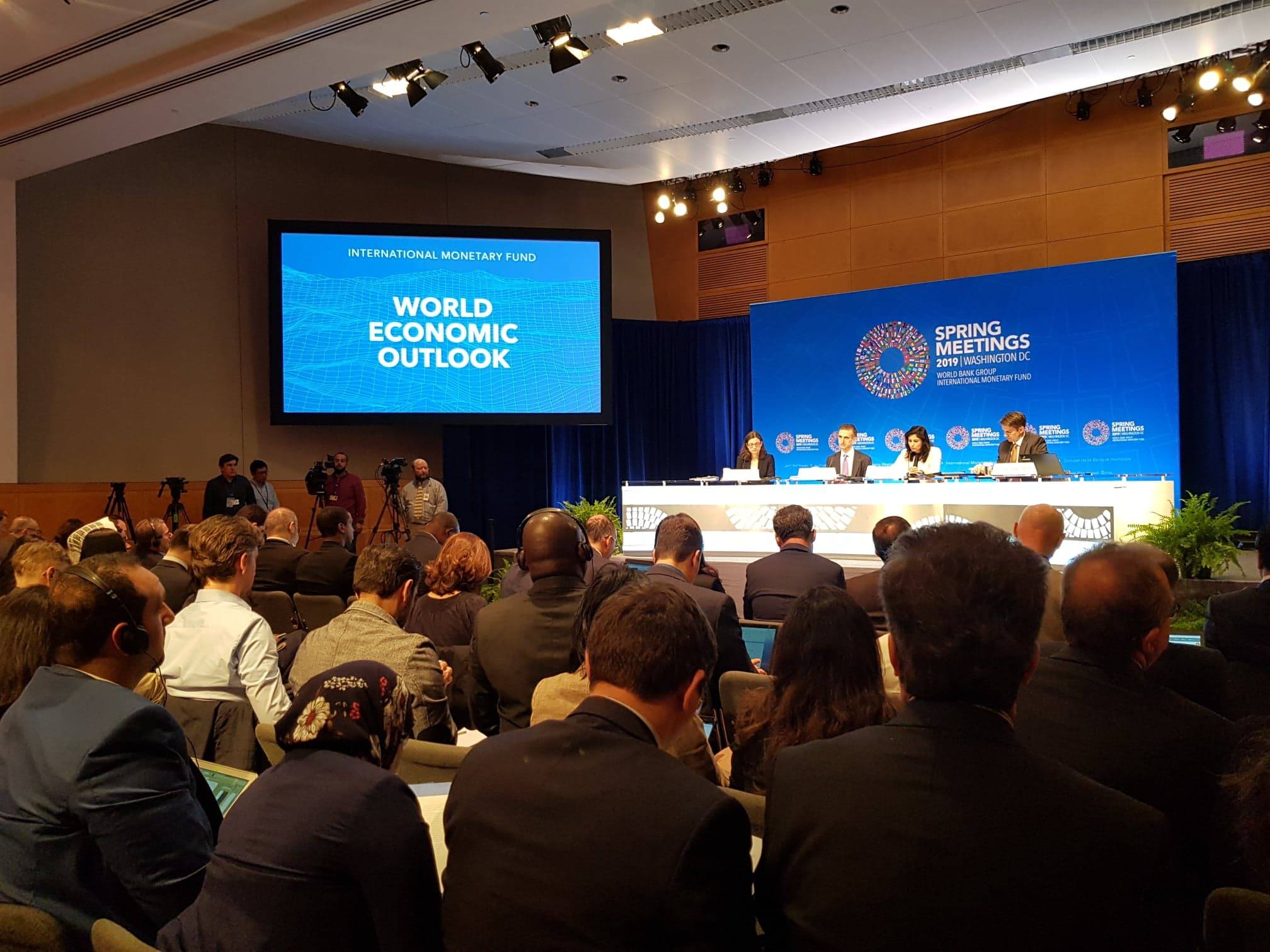
Fortune News | Apr 09,2019

Dec 22 , 2024 . By TIZITA SHEWAFERAW
Charged with transforming colossal state-owned enterprises into modern and competitiv...

Aug 18 , 2024 . By AKSAH ITALO
Although predictable Yonas Zerihun's job in the ride-hailing service is not immune to...

Jul 28 , 2024 . By TIZITA SHEWAFERAW
Unhabitual, perhaps too many, Samuel Gebreyohannes, 38, used to occasionally enjoy a couple of beers at breakfast. However, he recently swit...

Jul 13 , 2024 . By AKSAH ITALO
Investors who rely on tractors, trucks, and field vehicles for commuting, transporting commodities, and f...

Jul 12 , 2025
Political leaders and their policy advisors often promise great leaps forward, yet th...

Jul 5 , 2025
Six years ago, Ethiopia was the darling of international liberal commentators. A year...

Jun 28 , 2025
Meseret Damtie, the assertive auditor general, has never been shy about naming names...

Jun 21 , 2025
A well-worn adage says, “Budget is not destiny, but it is direction.” Examining t...